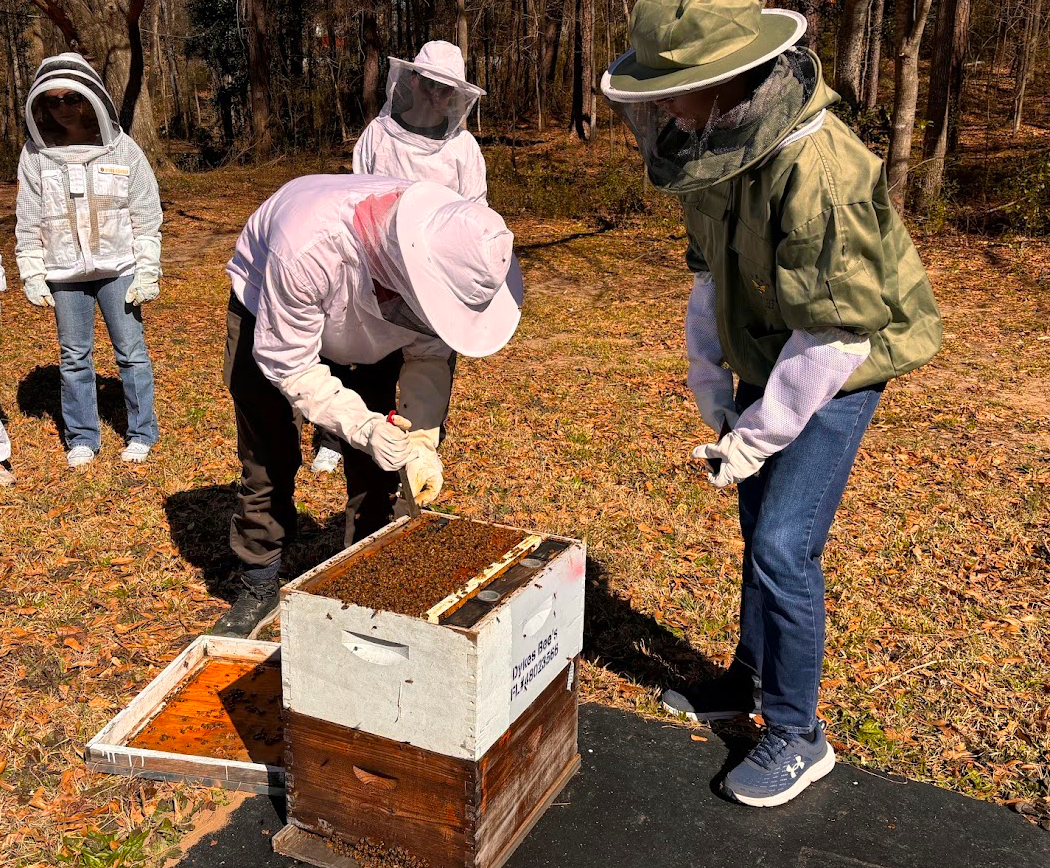Creighton University graduate Robert Berry was a straight-A student in college. But despite his lack of experience with low grade point averages, Berry decided to write “The Slacker’s Guide to Undergrad” after reflecting on his own undergraduate experience.
Berry wrote the booklet to help struggling college students find the balance between class and extracurriculars. He said he was not a slacker while in college, but he decided to write the book to help students who feel like they don’t have the time to follow their passions. Berry’s booklet teaches incoming college students techniques in organization, studying and managing class and free time.
“I wrote the booklet for college students to have time for all sorts of activities,” Berry said.
The booklet suggests students choose their classes wisely and recommends using the Rate My Professor website to find professors who will help them in achieving their goals.
“I’ve personally never used Rate My Professor, but if I need advice on what teachers to take for what classes, my advisors do such a great job with that. The faculty of UA doesn’t compare to that of any other school in my opinion,” Graham Hall,a senior majoring in history, said. “Teachers here don’t want to hurt students’ GPAs, and I’ve found that anyone representing the university have all been helpful.”
For Hall, balancing class work and extracurricular activities in college is all about having the right perspective and putting in the effort.
“In college, people think we have lots of free time, but I see it as an entrance to the real world,” Hall said. “There is always something that needs to be done. Balancing them is the trick. Before I do anything unrelated to school, I make sure my schoolwork is completed, then I’ll have more time to enjoy the things I like to do. Students can get out of college whatever effort they put in.”
In “The Slacker’s Guide to Undergrad,” Berry said he argues that finding the balance is indeed the key to college success. For Berry, life outside the classroom and inside the classroom are both equally important in becoming a well-rounded citizen. Charles Snead, a professor of horn at the University for 26 years, said he believes students can learn anywhere and everywhere.
“Obviously, people who have spent a lot of time in classrooms and in college [courses] are highly educated and well informed, but some of the most intelligent and astute people I have met in my life might not have college degrees – they are just good students of life. Yeah, I think there is something to be learned anywhere and everywhere,” Snead said.
During his time in college, Hall said he has faced both negative and positive distractions, but it is up to the person to stay focused.
“I wouldn’t say that there is anything that is necessarily a consistent distraction unless it’s abused. There’s lots of things in life that can be very good things and very bad things,” Snead said. “It is all about moderation. It’s about use and interpretation.”
The booklet aims to help college students by trying to break down college into steps, Berry said.
“I thought students on Alabama’s campus could free up some of their time, so they can pursue their passions,” Berry said.








